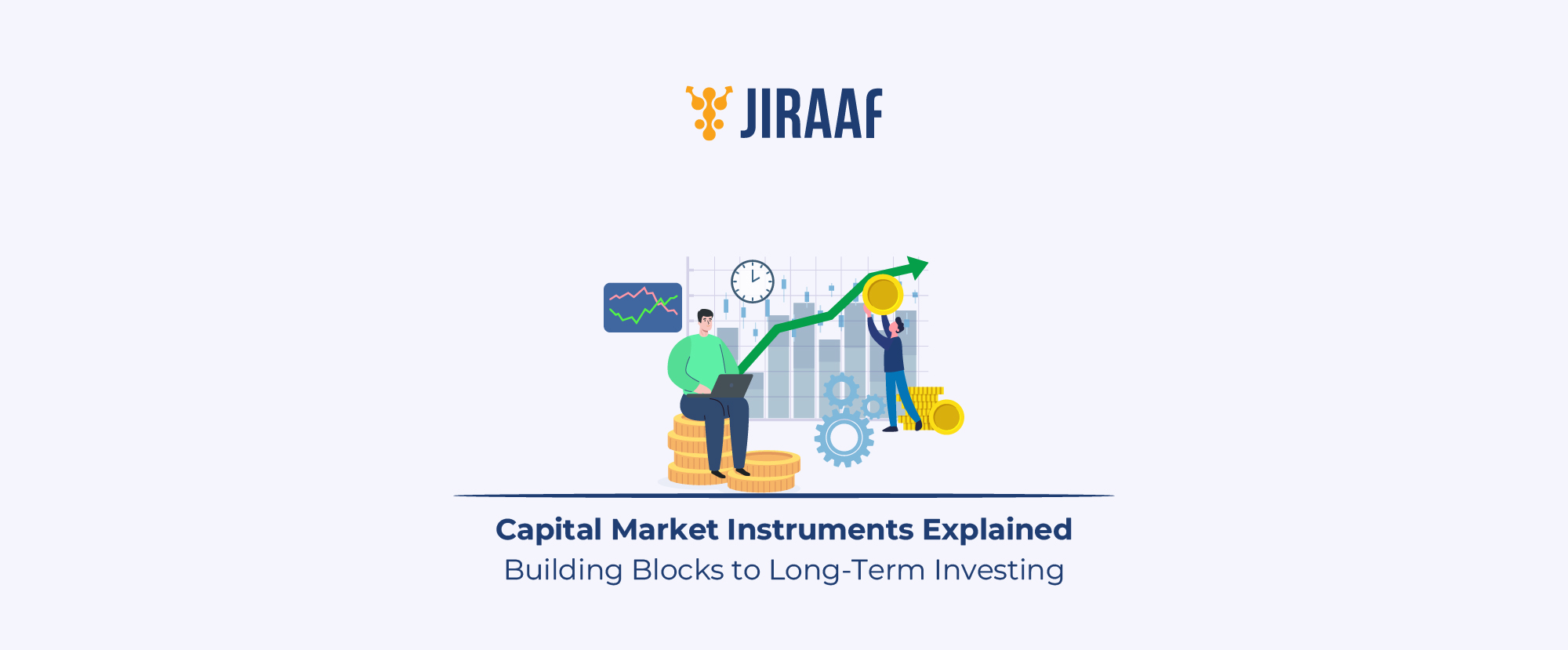Ever noticed how some people earn a fortune but still live from one payday to the next, while others with modest incomes seem perfectly secure? The difference is rarely income—it is intention and discipline.
Managing money is not just about what you earn, but how wisely you handle it. The truth is that financial mistakes compound just like investments do. A few poor choices today can quietly snowball into bigger problems tomorrow.
Whether done knowingly or unknowingly, these mistakes decide how strong your financial future will be. In this article, we’ll discuss ten common personal finance mistakes most people make—and how you can avoid them before they drain your progress.
Why Avoiding Financial Mistakes is Crucial
Imagine working hard all month only to realize, by the time it ends, your account is almost empty. You start wondering where all the money went. Some blame the economy, some point to inflation, and others simply conclude, “I’m not paid enough”.
But pause for a moment. Is it really just the economy? Or are we also responsible for our part in not tackling the problem?
As Warren Buffett once said,
“Someone’s sitting in the shade today because someone planted a tree a long time ago”.
The financial comfort or struggle you experience today is often the result of habits planted long ago.
So, before we talk about investments or savings plans, let’s start from the grassroots, the foundation of all good money management—your budget.
Ignoring a Proper Budget
Imagine starting your month without a plan for your income. Expenses pile up, small purchases slip by unnoticed, and before you know it, there’s nothing left to save. That’s the danger of spending without direction. Having a budget brings that direction.
“A budget is telling your money where to go instead of wondering where it went.”
-Dave Ramsey
A proper budget guides your spending, prevents impulsive purchases, and builds financial discipline. Planning ahead ensures essential expenses are covered while giving clarity on how much you can save or invest.
A practical approach is the 50:30:20 rule—50 percent for needs, 30 percent for wants, and 20 percent for savings or investments. By setting a clear budget, you gain control over every rupee and avoid last-minute money stress.
Once you understand your budget, it becomes easier to recognize the next challenge: overspending beyond income.
Overspending Beyond Income
“Too many people spend money they haven’t earned to buy things they don’t need to impress people they don’t like”.
-Will Rogers
Many people fall into the trap of living beyond their means. From EMIs on luxury gadgets to extravagant vacations, overspending quietly erodes financial stability.
The key to overcoming this is clarity. Decide what is truly important and align your spending accordingly. Automate investments so that saving happens first, leaving only what you can comfortably spend. A strong budget prevents lifestyle inflation and ensures you do not sacrifice future security for present indulgence.
When people overspend, they often rely on credit cards or loans to make up the difference. This creates a hidden financial trap, which makes understanding debt management essential.
Relying Too Much on Credit Cards and Loans
“Debt is never bad. What one does with it determines the goodness or the badness of the debt”.
-Thomas Phelps
Debt can be a useful tool when managed wisely, but it quickly becomes a trap when misused. Many people rely heavily on credit cards or personal loans to fund lifestyle expenses, often without a clear plan. This impulsive use of credit leads to high interest, stress, and damaged credit scores.
The key is to treat debt as part of your overall financial strategy. Pay your credit card balances in full whenever possible, track due dates carefully, and use loans strategically, such as consolidating high-interest debt at lower rates. When handled responsibly, debt can support your financial goals rather than undermine them, helping you maintain stability and prepare for future investments.
Managing debt also highlights life’s uncertainties, which makes insurance an essential part of financial preparation.
Ignoring Insurance Needs
Life is unpredictable, and while you cannot control every uncertainty, you can protect yourself against some. Insurance shields against risks such as serious illness, accidents, or loss of income.
“A man is not complete until he has a house, a wife, and a life insurance policy”.
-William Boetcker
The quote emphasizes the essential role insurance plays in securing financial stability. Proper insurance ensures you do not have to drain savings or emergency funds for unforeseen expenses. It safeguards your investments and allows you to focus on building wealth rather than worrying about financial shocks. Once your insurance is in place, you can prepare for other emergencies that insurance might not cover.
Not Having an Emergency Fund
Even with insurance, we all know that unexpected expenses can arise at any time. Medical emergencies, urgent home repairs, or sudden travel can occur without warning. Without an emergency fund, you may be forced to rely on credit, loans, or prematurely liquidate investments.
“Do you have an emergency fund? If not, build one—aim for three months of expenses to start, then boost it to six”.
-Jean Chatzky
An emergency fund acts as a safety net, allowing you to handle crises without derailing long-term goals. Ideally, it should cover three to six months of essential expenses and be kept in safe, easily accessible accounts like savings or liquid funds. This ensures you have quick access to cash when life throws a surprise your way. A well-built emergency fund reinforces discipline, reduces panic spending, and gives you the confidence to focus on long-term wealth creation and investments.
Delaying Investments and Retirement Planning
“It is easy to prioritize immediate needs while postponing investments. What the wise do in the beginning, fools do in the end”.
-Warren Buffett
Delaying your investments can cost you more than you realize. The earlier you start, the greater the advantage of compounding and the longer your money has to grow. Early investing also helps you ride out market cycles, reduce risk, and build steady discipline. Even small delays can significantly affect final returns. A structured investment plan ensures your money works consistently toward long-term goals through options like mutual funds, stocks, or fixed deposits that match your risk profile.
Building a diversified portfolio requires research, speaking with financial experts, and exploring instruments like mutual funds, stocks, or fixed deposits that match your risk tolerance. Automating investments ensure consistency and reduces the temptation to spend surplus cash. Once you begin investing, it becomes easier to set actionable financial goals.
Lack of Financial Goals and Planning
“The difference between a dream and a goal is a plan”.
-Harvey Mackay
Without clear goals, saving and investing become directionless. When you define financial goals, whether for buying a house, funding education, or retirement, you give structure to your savings and investments.
Use frameworks like SMART goals: Specific, Measurable, Achievable, Relevant, and Time-bound
It makes it easier to track your progress. Clear goals discourage unnecessary expenditures and give you a road map for budgeting and investment decisions. Even with goals, untracked debts can jeopardize stability, thus monitoring liabilities is essential.
Not Tracking Debts and Liabilities
Many people focus on their income but ignore their financial obligations.
“Never spend your money before you have it”.
-Thomas Jefferson
When this principle is overlooked, debt begins to pile up quietly. Committing future income to EMIs, credit cards, or personal loans without tracking them can quickly lead to financial imbalance. Without a clear view of what you owe, cash flow tightens, and unexpected payments start to feel overwhelming. Keeping track of every liability allows you to stay in control, make timely repayments, and protect your credit score. It helps you live within your means and avoid the stress that comes from spending tomorrow’s money today. When debts are tracked properly, you are less tempted by risky shortcuts such as get-rich-quick schemes, which often promise instant wealth but rarely deliver.
Falling for Get-Rich-Quick Schemes
“The best gains usually have come in the third or fourth year, not in the third or fourth week, or the third or fourth month”.
-Peter Lynch
The lure of quick money can easily cloud your judgment. Promises of high returns often hide higher risks and get-rich-quick schemes usually end in disappointment or loss. Real wealth is built patiently, not instantly.
Focus on steady, long-term investing instead of chasing shortcuts. Diversify your investments, stay consistent, and always understand the risks before putting your money in. Even when you follow a disciplined plan, professional guidance can help you navigate challenges and avoid costly errors along the
Not Seeking Financial Advice When Needed
Many people try to manage finances alone and learn expensive lessons.
“The most expensive lesson is learning it alone”.
-Robert Kiyosaki
Working with a financial advisor can provide you with clarity, help create a structured plan, and highlight risks you might overlook. Whether you are budgeting, investing, planning for retirement, or managing debts, professional guidance turns confusion into actionable steps. It ensures your decisions are informed and thoughtful.
Mastering this habit builds a strong foundation for long-term financial health and security.
Final Thoughts: Smart Money Habits Overcome Financial Difficulties
Managing your finances isn’t something you do once and forget about. It is a continuous journey that evolves as your life continues. Each step you take, whether it’s sticking to a budget, saving on a regular basis, or seeking expert advice, helps to establish and reinforce your financial security. When one part is neglected, the others frequently suffer as a result. Even minor mistakes, if repeated, can accumulate over time and harm your overall financial health.
Staying disciplined, planning carefully, and making thoughtful investment decisions help you stay prepared for unexpected situations. The choices you make today determine the level of comfort and confidence you will have in the future. With patience and consistent effort, you can build a future that is secure, independent, and fulfilling.









